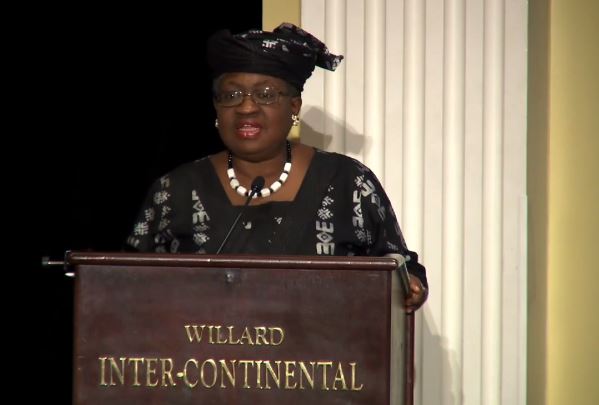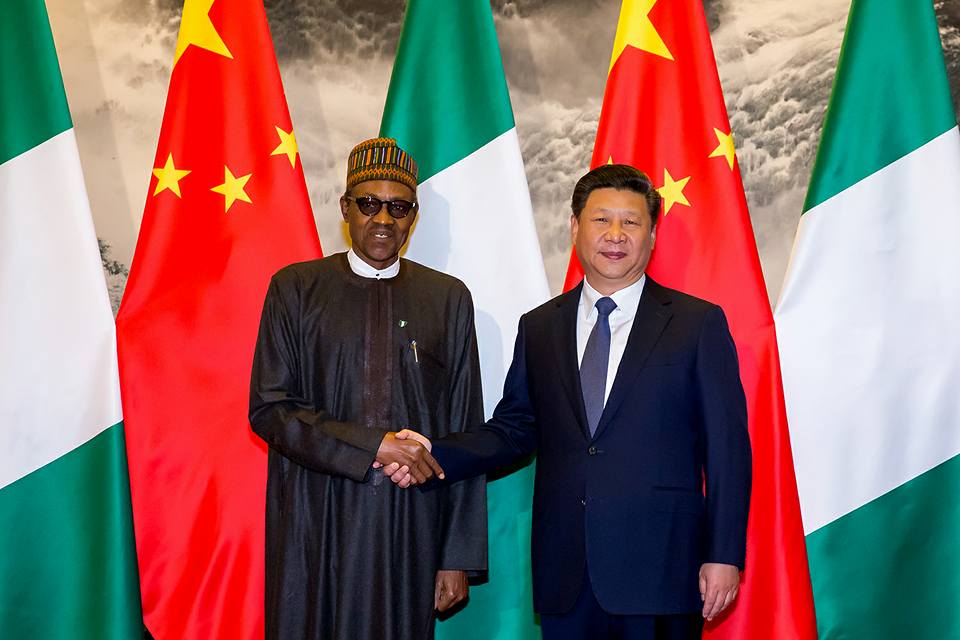Ngozi Okonjo-Iweala, former minister of finance, says Nigeria domestically funds its own development, lauding the country for its non-dependence on foreign aid.
Okonjo-Iweala, who delivered the key note speech at the first annual universal health coverage financing forum in Washington, said fragile countries however need development assistance.
“We finance most of our own development and we should be proud of it, when I was finance minister of Nigeria, you know Nigeria is one of the countries that get very little aid, and I thought it was okay,” she said.
Advertisement
“Because that would spur us up to do more to finance our own, so I’m very much for that, but I know that some countries, like the fragile states, the poorest countries, need the development assistance.
“Even some lower middle income states that have large numbers poor people, if we are going to think of universal health coverage, would need some help.
“The issue is, how do we leverage that? And that is the message I want to leave, so, I’m not going to completely let donors off the hook, you have a role to play.
Advertisement
“But that role must change slightly from just how to use the resources you give but to how in the case of UHC and health in general to use it to even improve domestic resource mobilisation.”
Okonjo-Iweala added that investment in health is also investment in the economy, emphasizing that a $1 investment in immunization saves the world $16 in healthcare cost, lost wages and productivity due to illness.
She added that on the long run, $1 in immunization saves above $40 in other cost that would have been lost to ill health.
The Gavi chairman and World Bank icon added that monies from tax evasion and illicit flows can be captured for health funding.
Advertisement
“We are all aware of what is going on now, with the talk about the panama papers, but there are a lot of resources in this world that can be mobilised especially from developing countries, through working on these issues of cross-border tax evasion, corruption and illicit financial flows.”







